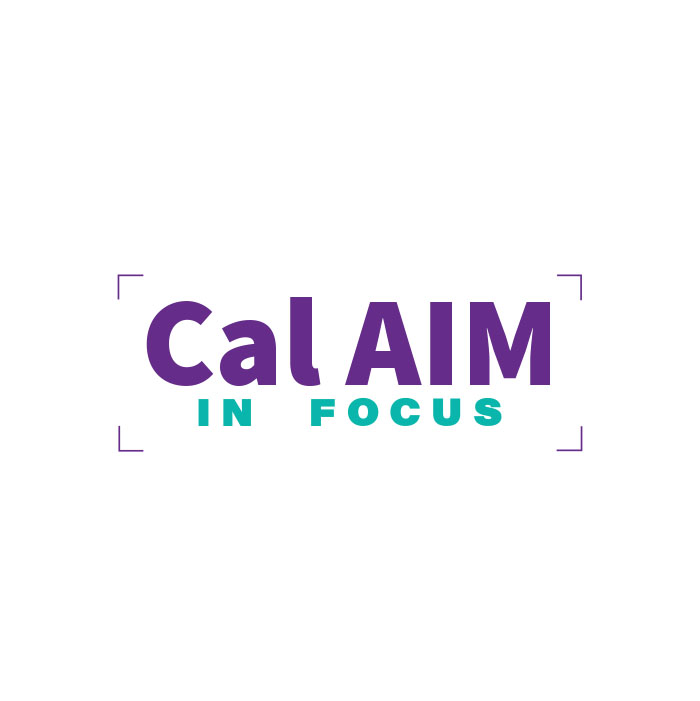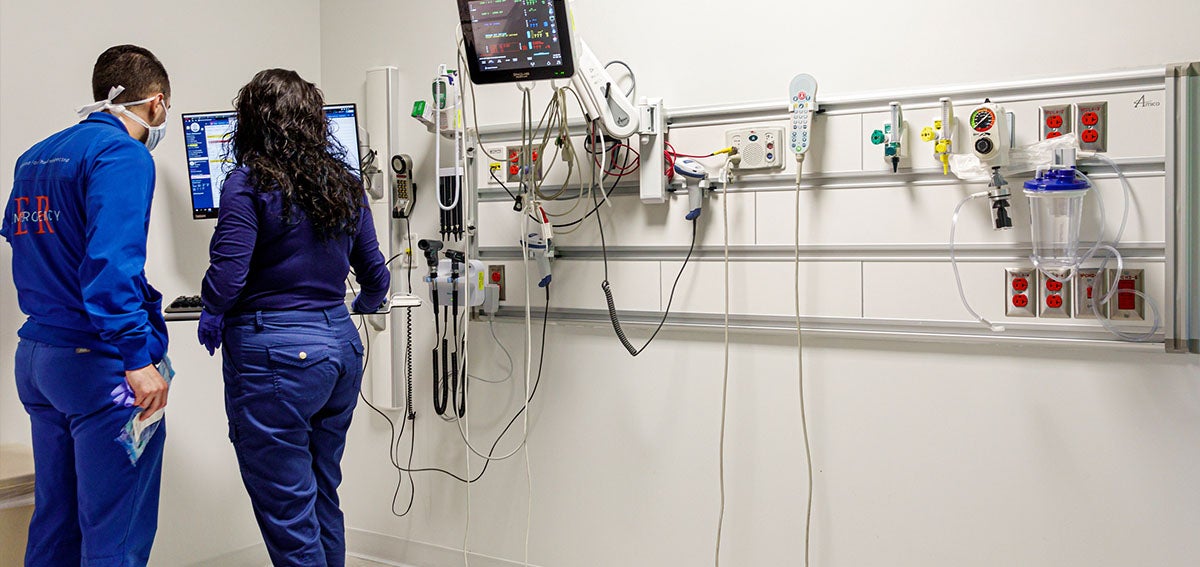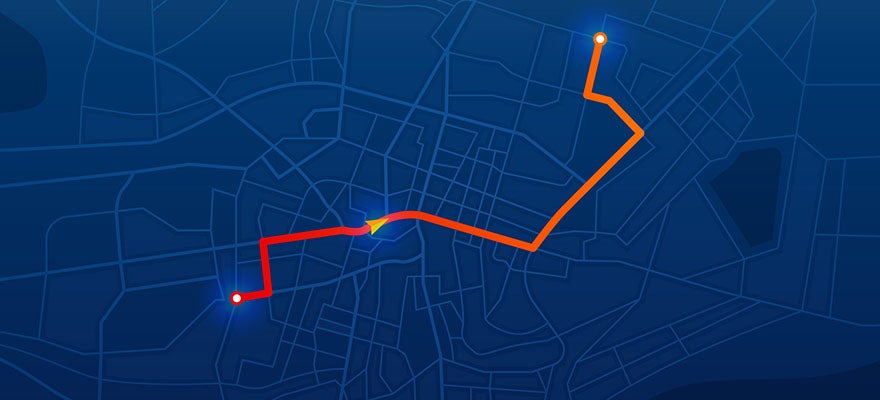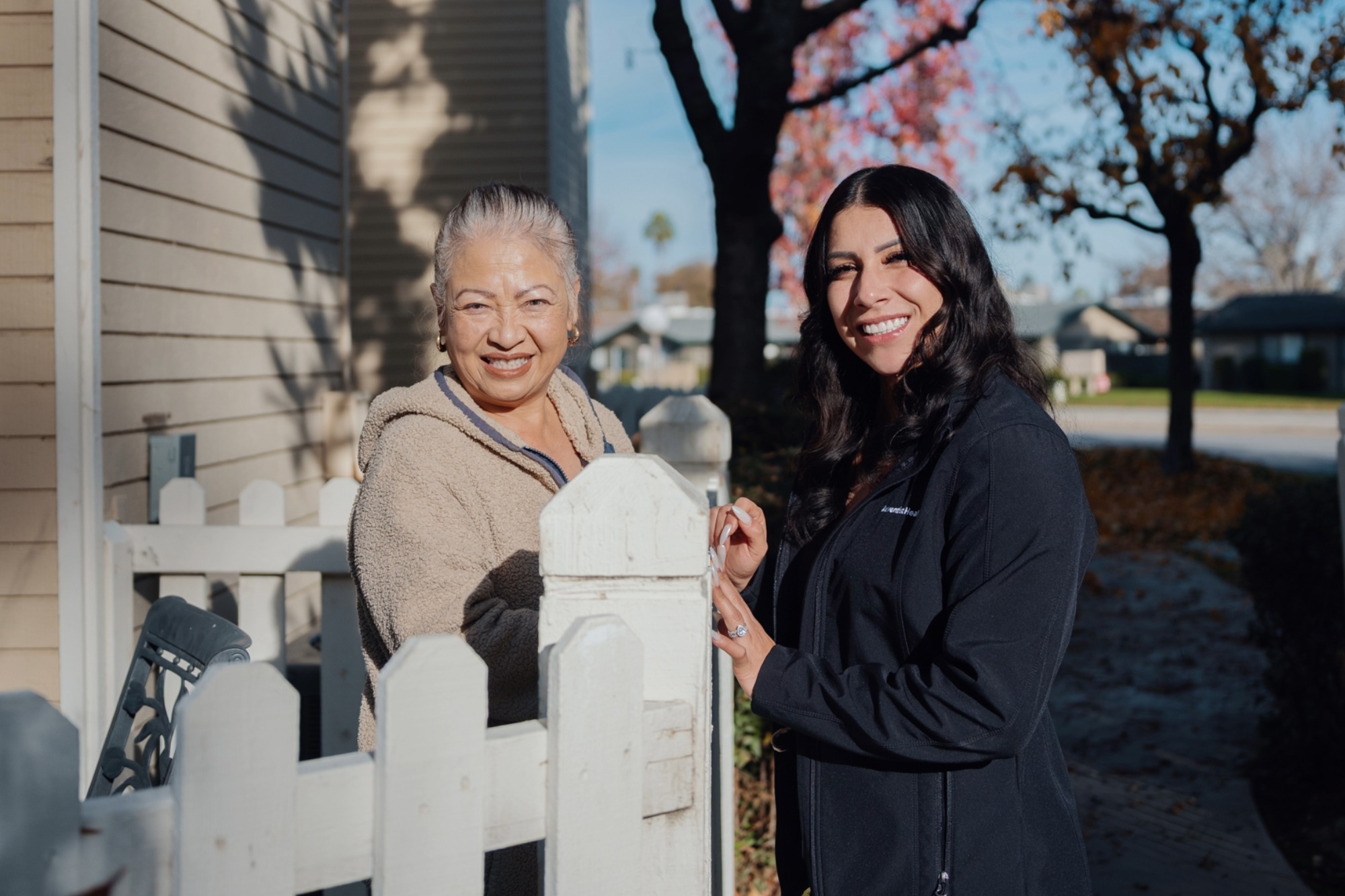The cross-sector collaboration at the heart of CalAIM will be possible only if different parts of the system — managed care plans, physical and behavioral health care providers, county agencies, and social service providers — can both aggregate data and share information in real time about patients or clients they have in common. For example, CalAIM’s Population Health Management program will require reliable and effective exchange of health data to stratify the different needs of Medi-Cal and to do the proactive, person-centered outreach that is the key to preventive care. Enhanced Care Managers will similarly rely on effective data exchange to coordinate care and services for people with complex needs. The success of both local and state data sharing initiatives are critical in enabling whole-person care.
Related Tags
Related Resources
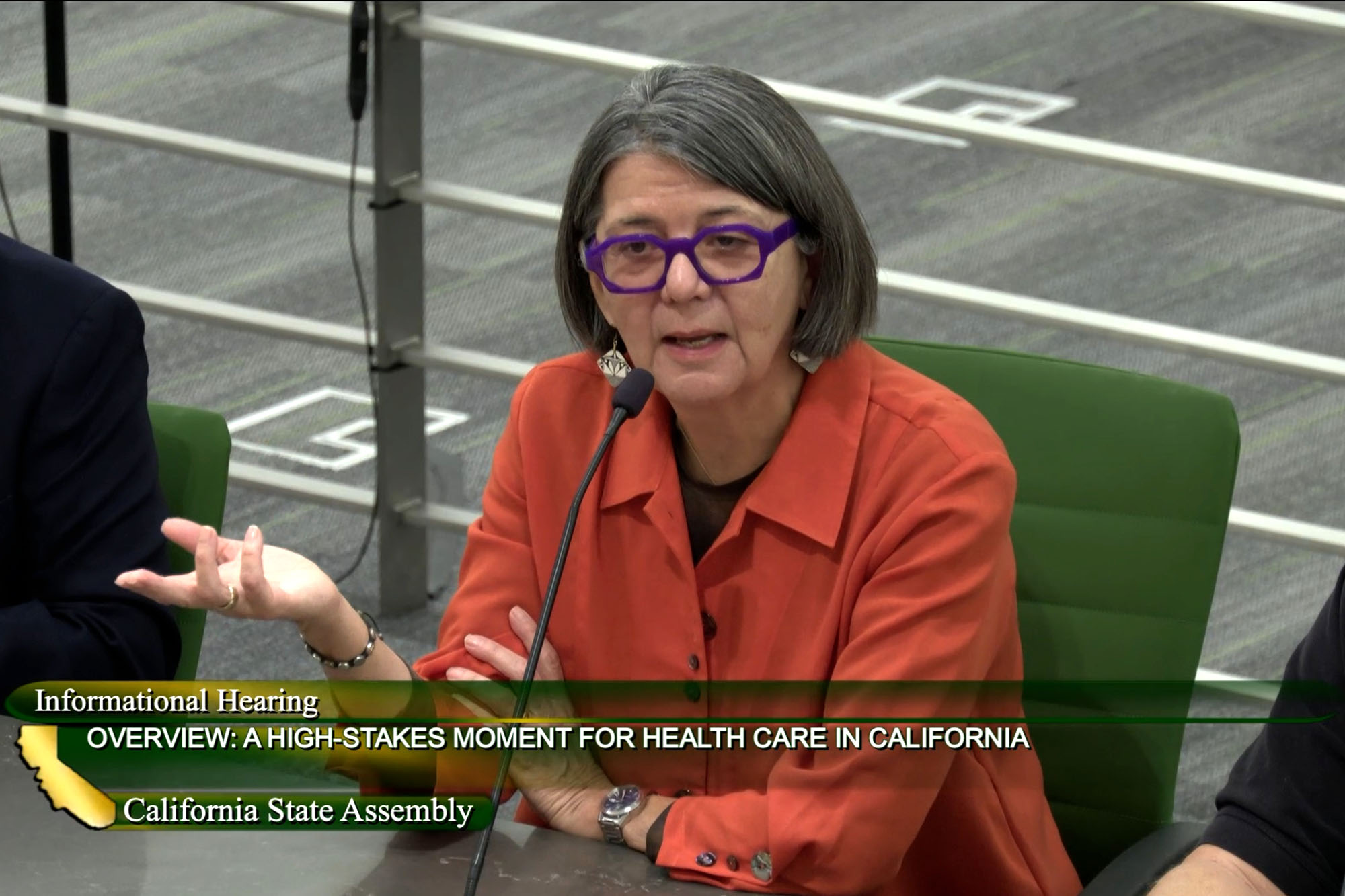
Expert Perspective
‘California Has the Power to Protect the Health of Our People’
CHCF President & CEO Sandra R. Hernández, MD, testifies at a California Assembly Health Committee hearing about state health policies in a difficult fiscal environment.
Health Care Costs/Affordability, Health Insurance Coverage, Medi-Cal, Technology and Innovation

Beyond Realignment: Options for Modernizing California’s Behavioral Health System
Behavioral Health, Medi-Cal
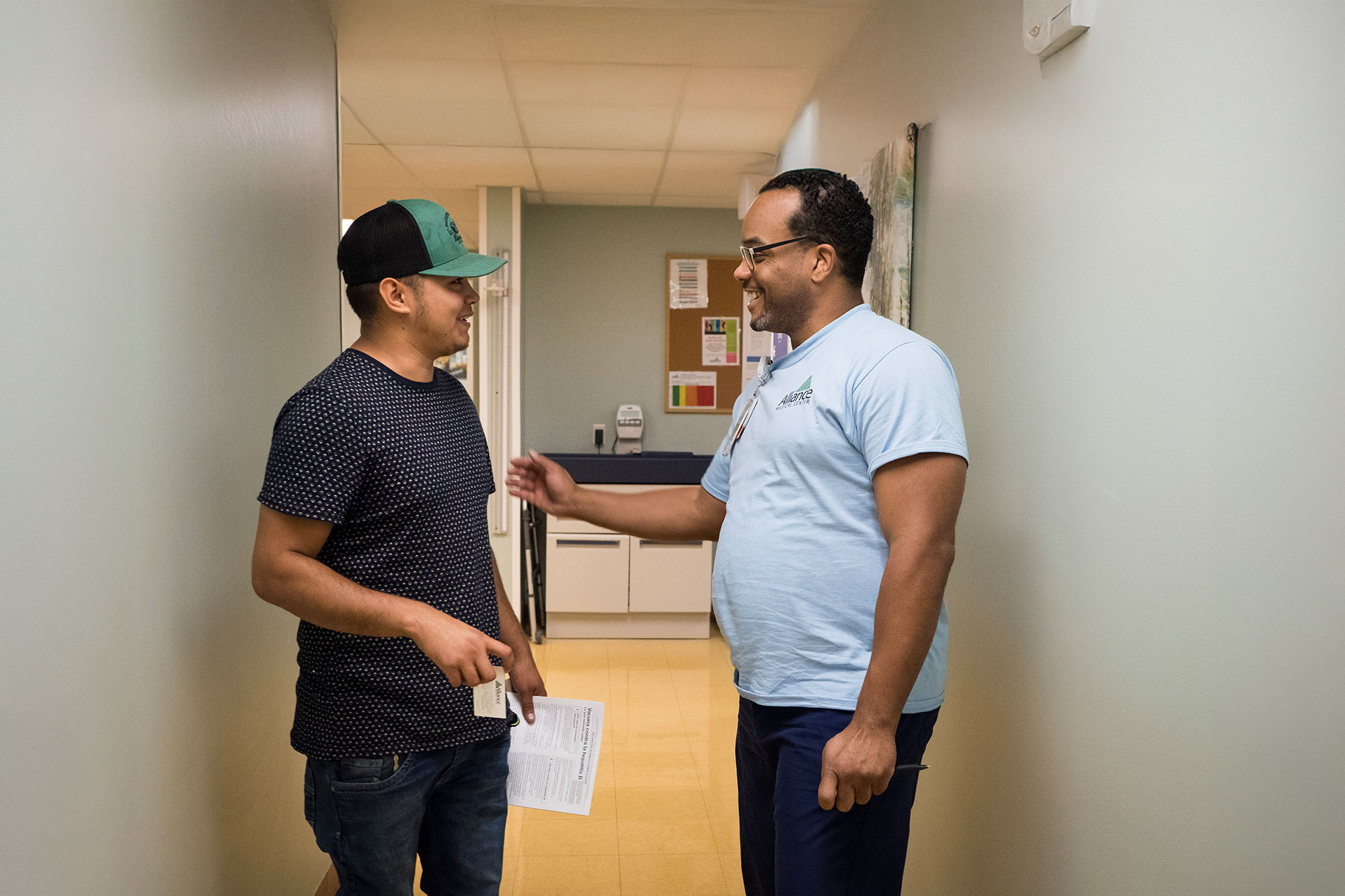
Small Practices, Big Promise
Health Equity, Medi-Cal

